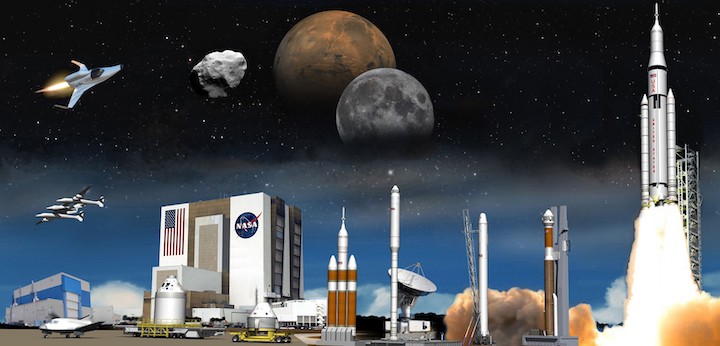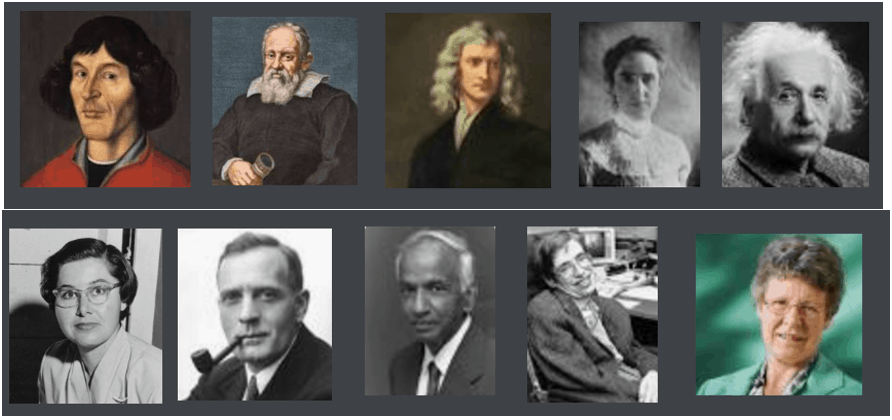The two introductory courses below are organised by The Workers’ Educational Association (WEA), UK’s largest voluntary sector provider of adult education in England and Scotland. I will be delivering thee courses via Zoom in September. There is a cost but if you qualify that could be nil.
The New Space Age

Introductory online course via Zoom. No prerequisite. Fee £64.00 or Nil.
Course dates 07/09/2021 – 09/11/2021
Ten sessions for 2 hrs per session every Tuesday starting at 7pm
Over the ten interactive sessions this course will provide an overview on:
Evolution of the space age from the beginnings with Sputnik to today
Outline the rich sources of services from space that shape society on Earth
The emergence of the private space sector in countries around the world
Space activities in India, China and Africa
Explore the concern of congestion in space from the growing number of spacecraft and the hazards of space debris.
The potential for the militarisation of space.
Humans living and working in Earth orbit. Returning to the Moon and beyond to Mars
Explorers of the Cosmos

Introductory online course via Zoom. No prerequisite. Fee £64.00 or Nil.
Course dates 09/09/2021 – 11/11/2021.
Ten sessions for 2 hrs per session on Thursdays starting at 5pm
Over ten weeks the course will look at the life and work of the life and work of the following individuals
Nicolaus Copernicus (1473–1543)
Galileo Galilei (1564–1642)
Isaac Newton (1643–1727)
Henrietta Swann Leavitt (1868–1921)
Albert Einstein (1879-1955)
Edwin Hubble (1899–1953)
Subrahmanyan Chandrasekhar (1910-1995)
Vera Rubin (1928-2016)
Stephen Hawking (1942-2018)
Jocelyn Bell (1943 – )

